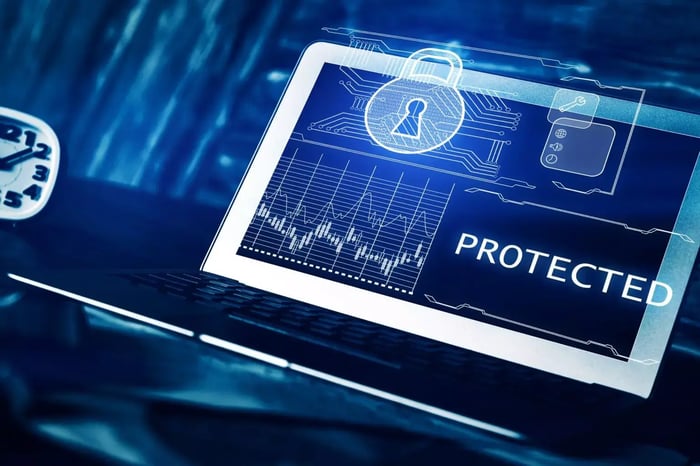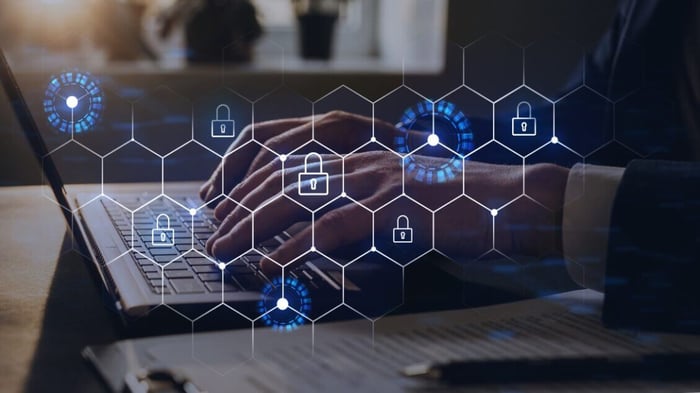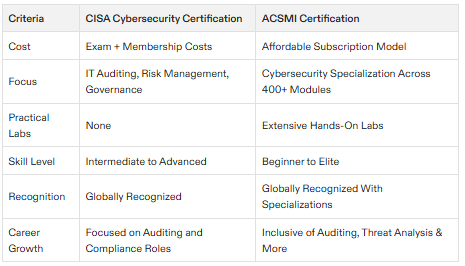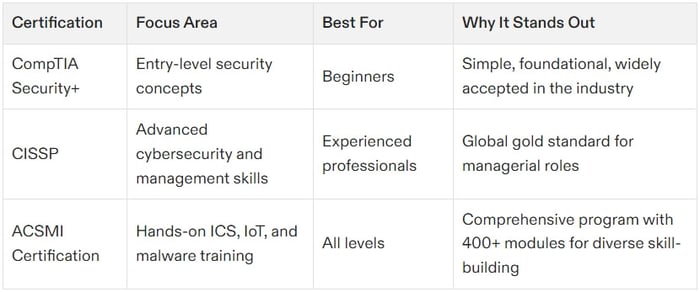Table of Contents
- What Is Cybersecurity Certification of Compliance?
- Why Is Cybersecurity Certification of Compliance Important?
- Types of Cybersecurity Certifications of Compliance
- Why Pursue Cybersecurity Certification of Compliance?
- Steps to Gain a Cybersecurity Certification of Compliance
- Industry Applications of Cybersecurity Certification of Compliance
- ACSMI Certification Features
- Final Thoughts
- FAQs About Cybersecurity Certification of Compliance
In today’s digital age, compliance and cybersecurity have become critical components for safeguarding data, infrastructure, and personal information. As cyber threats increase and regulatory frameworks become stricter, organizations are under mounting pressure to secure their IT systems and comply with industry-specific laws and regulations. This is where Cybersecurity Certification Test and certification of compliance play a vital role. By earning this certification, professionals gain the necessary skills and credibility to thrive in an industry that’s growing in both demand and importance.
Whether you're an IT professional, an aspiring ethical hacker, or someone eager to transition into cybersecurity, achieving a certification in compliance with industry standards will help you stay competitive and build a sustainable career. In this detailed guide, we will explore everything you need to know about Cybersecurity Certification Test, its importance, top certifications, and how it can benefit your career and your organization.
What Is Cybersecurity Certification of Compliance?
A cybersecurity certification of compliance validates that an individual or organization adheres to specific security, privacy, or data protection standards dictated by laws or regulations. For example, certifications may be required to comply with regional laws like GDPR (General Data Protection Regulation), HIPAA (Health Insurance Portability and Accountability Act), or PCI-DSS (Payment Card Industry Data Security Standard).
These certifications ensure that the certified entity has the knowledge and capability to implement, monitor, and maintain security measures in compliance with legal and regulatory requirements. For professionals, these certifications validate the skills needed to audit, design, and maintain compliance programs, making them highly valuable in today’s job market.
Why Is Cybersecurity Certification of Compliance Important?
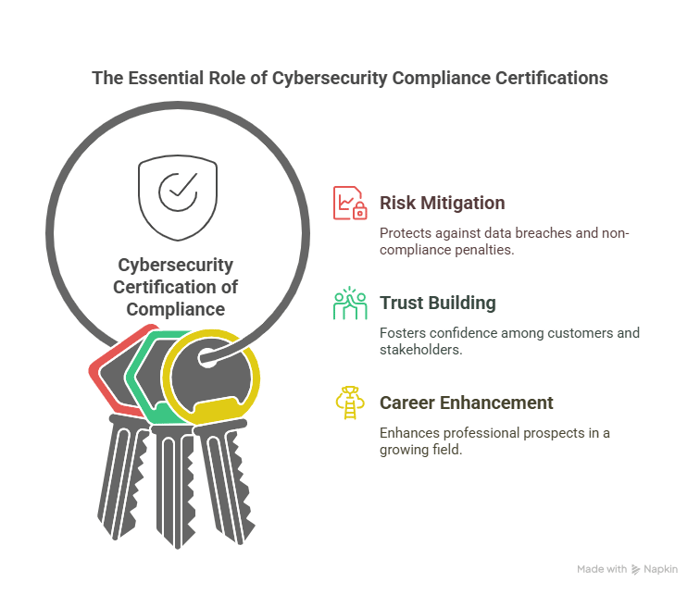
1. Risk Mitigation
One of the primary reasons organizations pursue cybersecurity certification of compliance is to mitigate risks associated with data breaches, non-compliance fines, and reputational damage. Effective cybersecurity measures ensure that sensitive data is protected, reducing the likelihood of breaches and safeguarding the organization’s reputation.
2. Trust Building
Compliance certifications also play a crucial role in building trust with customers and stakeholders. When an organization demonstrates compliance with industry regulations, it shows that it is committed to maintaining the highest security standards. This fosters greater customer confidence and helps retain business relationships.
3. Career Enhancement
For professionals, obtaining a cybersecurity certification of compliance can significantly enhance career prospects. As data regulations grow stricter globally, the demand for cybersecurity professionals with expertise in compliance continues to rise. This certification validates your ability to navigate complex regulatory landscapes, making you a valuable asset to any organization.
Types of Cybersecurity Certifications of Compliance
Various certifications cater to different industries and regulatory requirements. Here are some of the most prominent certifications for compliance professionals:
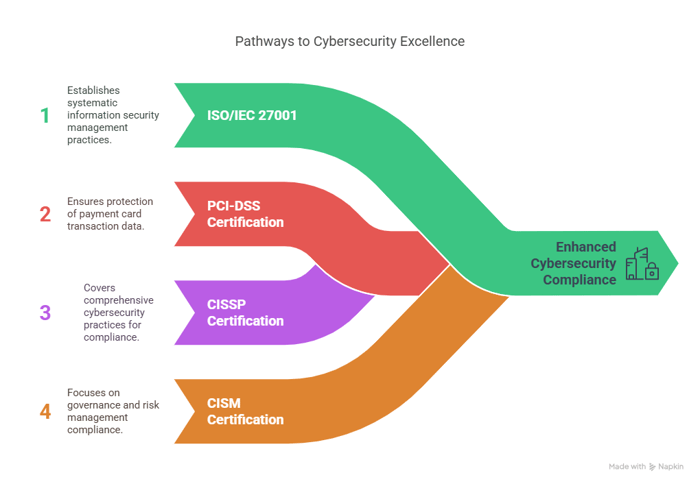
1. ISO/IEC 27001
Focus: Information Security Management Systems (ISMS)
Purpose: ISO/IEC 27001 is one of the most recognized certifications for organizations seeking to establish a systematic approach to managing information security. It provides guidelines for protecting sensitive data and ensuring compliance with security practices.
2. PCI-DSS Certification
Focus: Payment Card Industry Data Security Standard
Purpose: PCI-DSS is critical for businesses that handle credit card transactions. It provides a set of requirements to protect cardholder data, ensuring that organizations meet security standards for processing payment information.
3. CISSP (Certified Information Systems Security Professional)
Focus: Comprehensive cybersecurity practices with a focus on compliance
Purpose: CISSP is widely regarded as a leading certification for professionals aiming to take on leadership roles in cybersecurity. It covers broad aspects of security, including risk management, compliance, and data protection, making it ideal for those overseeing compliance initiatives.
4. CISM (Certified Information Security Manager)
Focus: Governance and risk management
Purpose: CISM focuses on compliance through governance and risk management, making it ideal for those who manage enterprise-level security programs and ensure that organizations meet regulatory requirements.
For professionals seeking a tailored approach to certifications, platforms like ACSMI offer modular learning pathways that can help you develop specific compliance skills. Learn more about ACSMI and its certification programs for comprehensive training.
Why Pursue Cybersecurity Certification of Compliance?
The benefits of obtaining a cybersecurity certification of compliance extend beyond enhancing personal career growth. Organizations also stand to gain significantly from ensuring that their teams are trained in compliance and security measures.
For Organizations:
Achieve Legal Compliance: Obtaining cybersecurity certifications ensures that an organization adheres to relevant data protection and privacy laws, avoiding legal penalties and reputational harm.
Strengthen Customer Trust: Displaying compliance certifications demonstrates to customers that their data is handled securely, fostering trust and improving customer loyalty.
Streamline Business Processes: Certifications like ISO/IEC 27001 not only help with compliance but can also improve operational efficiency, enabling businesses to reduce risks and operate more smoothly.
For Professionals:
Job Security: With the rise in global cybersecurity threats and the increasing number of data privacy laws, compliance professionals are in high demand. Certification can enhance job security and ensure that professionals remain competitive in the field.
Higher Salaries: Professionals focusing on compliance-related cybersecurity roles often earn higher salaries compared to their peers, with many positions offering substantial compensation packages.
Career Growth Opportunities: Obtaining compliance certifications opens the door to higher-level roles, such as Security Manager, Compliance Auditor, or Data Privacy Officer, providing ample opportunities for career advancement.
Steps to Gain a Cybersecurity Certification of Compliance
Achieving a certification of compliance requires a structured approach. Below is a step-by-step guide to help you navigate the process:
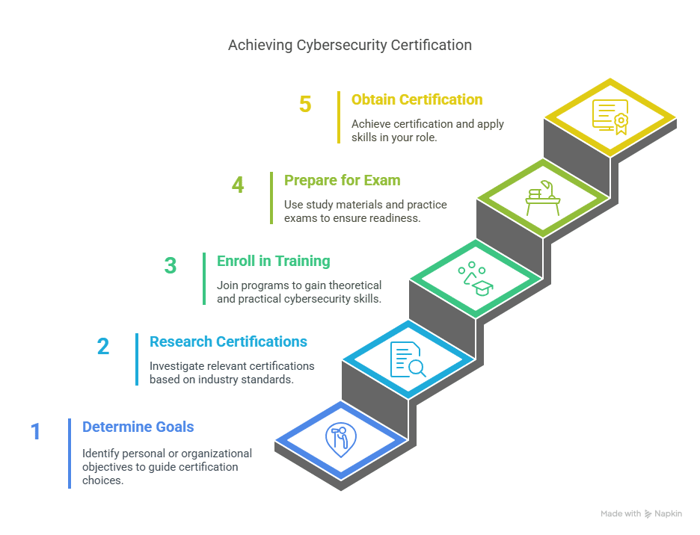
Step 1: Determine Your Goals
Identify whether you are pursuing a certification to meet the needs of your organization or to advance your career. This will help you select the appropriate certification program that aligns with your goals.
Step 2: Research Certifications
Look into the certifications that align with the standards relevant to your industry or role. For example, if you’re in healthcare, HIPAA compliance may be most relevant, while PCI-DSS is crucial for businesses handling credit card data.
Step 3: Enroll in Training Programs
Enroll in a training program, such as those offered by ACSMI, that provides both theoretical knowledge and practical skills. These programs allow you to gain hands-on experience required to pass certification exams and apply your skills in real-world scenarios.
Step 4: Prepare for the Exam
Use study materials, practice exams, and real-world case studies to prepare for your certification exam. Many professional training programs offer comprehensive guidance to ensure you are well-prepared.
Step 5: Obtain Certification
Upon passing the certification exam, apply your new skills in your role and stay updated with any regulatory changes to maintain compliance.
Industry Applications of Cybersecurity Certification of Compliance
Cybersecurity certifications focusing on compliance are vital across various industries. Below are examples of how these certifications are applied in the real world:
Healthcare and HIPAA Compliance: Ensuring patient data is protected under evolving healthcare standards.
Finance and PCI-DSS: Securely processing transactions to reduce fraud risk and ensure compliance with financial regulations.
Retail and Consumer Trust: Using compliance certifications to meet standards for customer data protection and build trust with consumers.
By aligning your certifications with industry standards, you can tailor your expertise to the specific compliance needs of your industry, making you a highly valuable asset to your organization.
ACSMI Certification Features
ACSMI bridges the gap between theoretical knowledge and real-world compliance needs, making it an excellent choice for professionals and organizations. The comprehensive programs ensure you’re fully prepared to tackle compliance challenges and maintain data protection standards effectively.
Final Thoughts
A cybersecurity certification of compliance is essential for professionals aiming to excel in roles that combine cybersecurity and regulatory requirements. These certifications equip you with the tools needed to tackle modern challenges while helping organizations meet evolving data protection laws. By choosing certifications that align with your career and organizational goals—such as those offered by ACSMI—you can position yourself as a sought-after professional in this critical field.
Take the next step in your career by enrolling in the ACSMI program and unlock countless opportunities with a comprehensive cybersecurity certification of compliance path!
FAQs About Cybersecurity Certification of Compliance
1. What is the benefit of a cybersecurity certification of compliance?
It validates your knowledge of regulatory laws and data protection practices, boosting your career prospects and building trust with clients and stakeholders.
2. How long does it take to complete a compliance certification?
The duration varies depending on the certification. Entry-level certifications may take a few weeks, while advanced management certifications can take several months to complete.
3. Is hands-on training required for compliance certification?
Yes, most certifications include practical labs and case studies to help you apply your theoretical knowledge to real-world compliance scenarios.
4. Is certification necessary for all cybersecurity professionals?
While not mandatory, certifications significantly enhance credibility and increase career opportunities in the competitive cybersecurity field.
5. Why choose ACSMI certification for compliance?
ACSMI provides over 400 modular lessons that focus on foundational and advanced topics, giving you a competitive edge in the cybersecurity compliance field.

